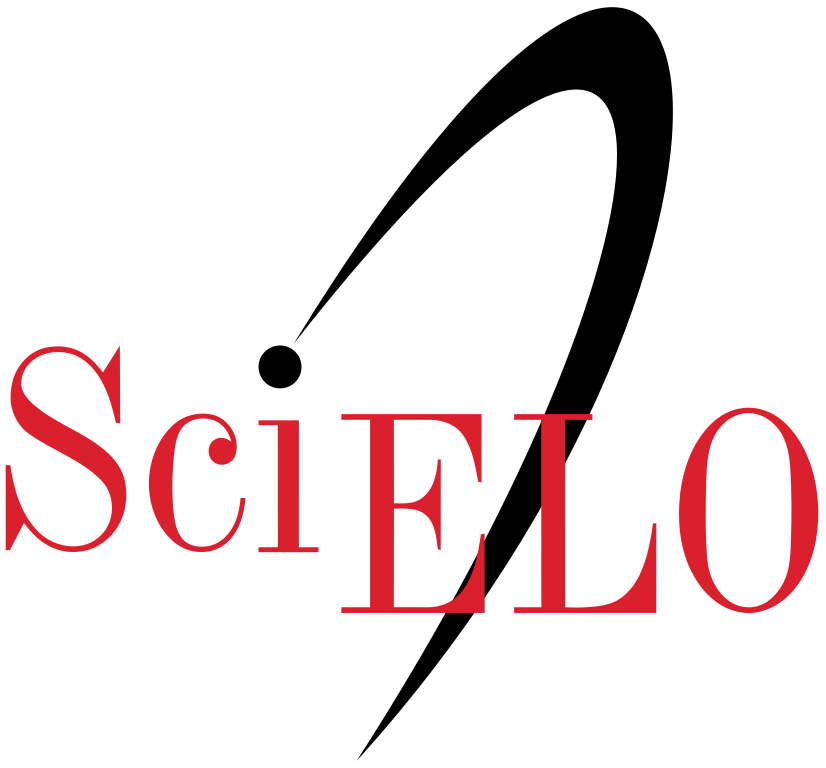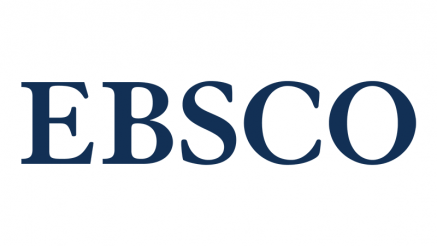Development of a quality service indicator for measuring technical efficiency of Family Healthcare Centers Volumen 33, n.o 2 Julio-diciembre, 2015 ISSN: 0122-3461 (impreso) 2145-9371
DOI:
https://doi.org/10.14482/inde.33.2.6451Abstract
Using indicators to evaluate the quality of primary healthcare providedby family healthcare centers plays an important role in improving theservice and evaluating its performance. The objective of this work is todevelop and validate an indicator for primary healthcare quality servicein Chile which is also consistent with the Integrated Healthcare Modelwith Emphasis on the Family and the Community; it also provides a newvariable to evaluate Technical Efficiency. It is developed based upon adetailed literature review, gathering of primary and secondary data,survey applications, focus groups and expert opinions. It is made of twoelements: structure and process, divided into four weighted dimensionswhich outcome is one quality indicator. We present the results of thecalculation for the designed indicator based on 259 Chilean FamiliyHealthcare Centers, which is validated through four centers, obtainingvalues of 0.461, 0.876, 0.640, and 0.880, respectively. The CESFAM with thehighest value has a better relative quality since there is no standard CESFAMto compare. It is concluded the indicator is valid, useful and consistent;the Pearson Correlation Coefficient analysis and Cronbach’s Alpha valuesconfirm these results. Further studies require estimating the value of theindicator at national level.Published
2015-09-28
How to Cite
[1]
M. T. Ramírez-Valdivia, J. L. Mendoza-Alonzo, and A. F. Moraga-Pumarino, “Development of a quality service indicator for measuring technical efficiency of Family Healthcare Centers Volumen 33, n.o 2 Julio-diciembre, 2015 ISSN: 0122-3461 (impreso) 2145-9371”, Ing. y Des., vol. 33, no. 2, pp. 238–259, Sep. 2015.
Issue
Section
Articles









